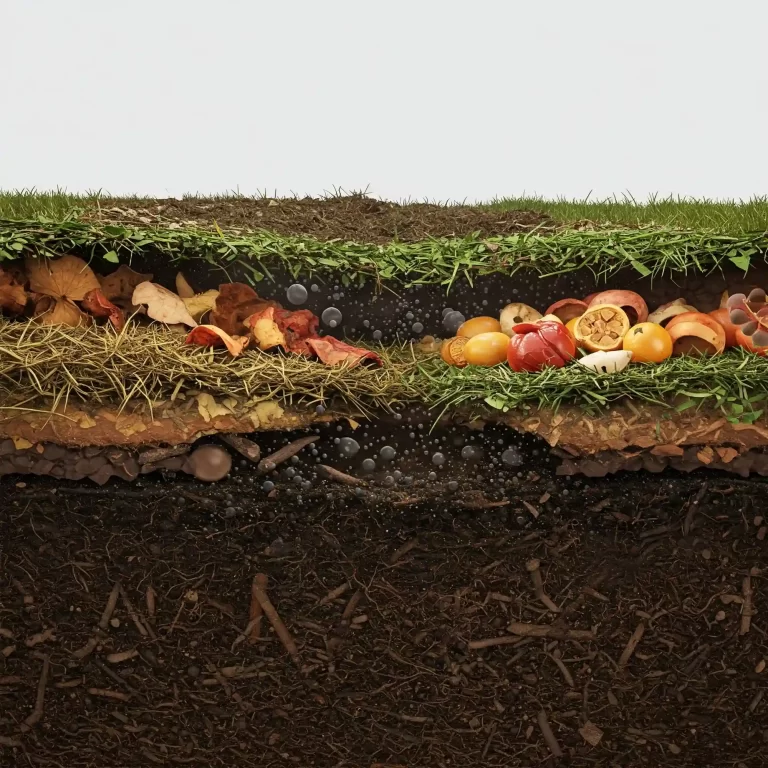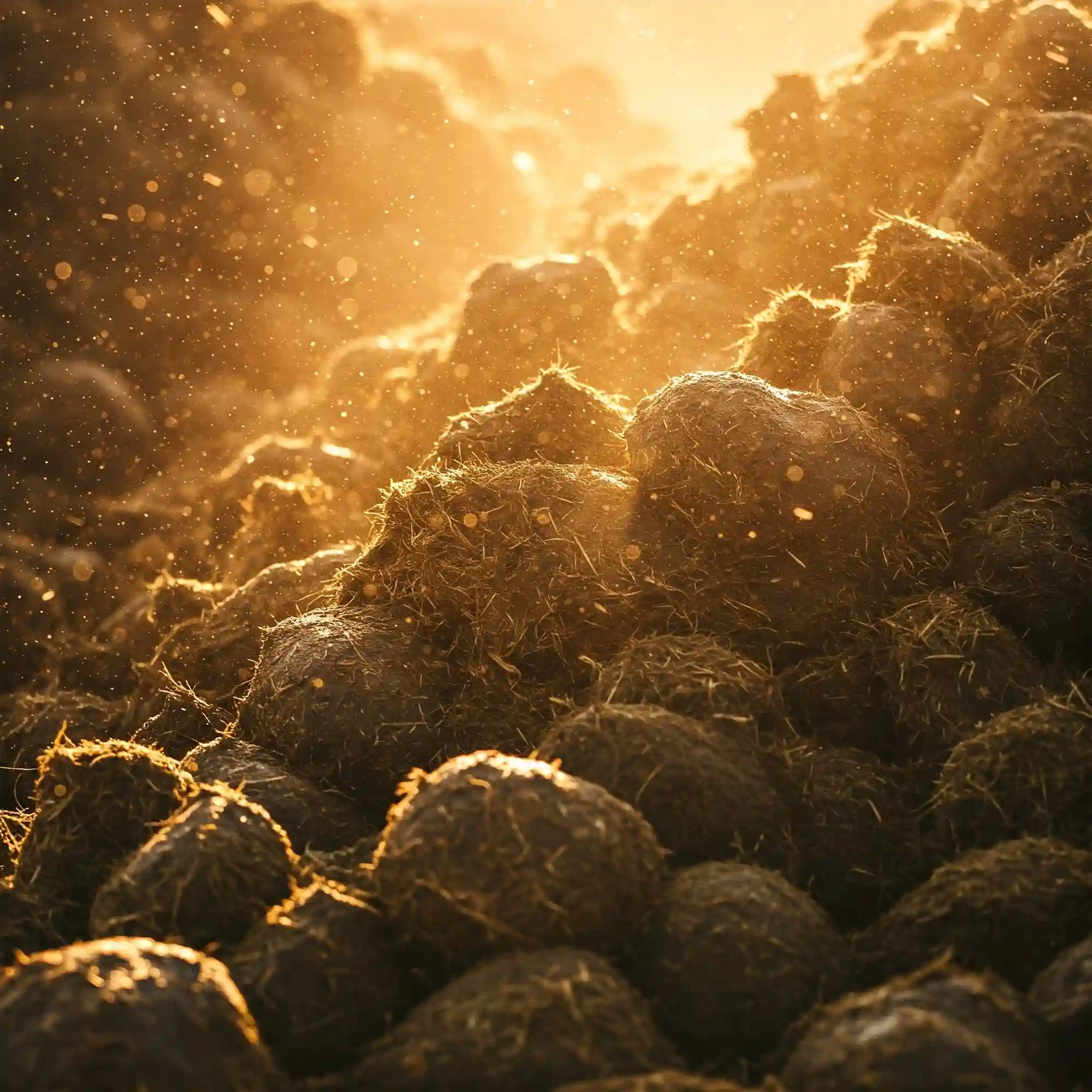Composting is a natural process by which organic materials, such as food scraps and yard waste, are transformed into a nutrient-rich soil amendment. Traditional composting methods rely on aerobic decomposition, which requires oxygen to break down the organic matter. Bokashi composting, on the other hand, is a fermentation-based method that speeds up the decomposition process by using a special blend of beneficial microorganisms.
Benefits of Bokashi Composting
Bokashi composting offers numerous benefits over traditional composting methods, including:
- Faster Decomposition: Bokashi composting significantly accelerates the decomposition process, producing finished compost in just 2-4 weeks, compared to several months with traditional composting.
- Odor-Free: Bokashi composting is virtually odorless, making it ideal for small spaces and urban environments.
- Indoor Composting: Bokashi composting can be done indoors, making it an excellent option for those living in apartments or with limited outdoor space.
- Nutrient-Rich Compost: Bokashi compost is rich in nutrients and beneficial microorganisms, making it an excellent soil amendment for gardens and potted plants.
How Does Bokashi Composting Work?
Bokashi composting involves two main steps:
- Fermentation: The first step is to mix organic materials with a bokashi bran inoculant, which is a blend of beneficial microorganisms. This inoculant kickstarts the fermentation process, during which the microorganisms break down the organic matter into simpler compounds.
- Composting: Once the fermentation process is complete, the fermented material is transferred to a composting bin or pile, where it continues to decompose and transform into finished compost.
Materials Needed for Bokashi Composting
- Organic Materials: Food scraps, yard waste, and other organic materials can be used for bokashi composting.
- Bokashi Bran Inoculant: This is a special blend of beneficial microorganisms that initiates the fermentation process.
- Bokashi Bucket or Container: A lidded bucket or container is used to hold the organic materials during the fermentation stage.
- Compost Bin or Pile: A composting bin or pile is needed to continue the decomposition process after the fermentation stage.
Step-by-Step Guide to Bokashi Composting
- Prepare the Bokashi Bucket: Place a layer of bokashi bran inoculant at the bottom of the bucket.
- Add Organic Materials: Fill the bucket with organic materials, pressing them down firmly to remove air pockets.
- Sprinkle Bokashi Bran: Sprinkle a thin layer of bokashi bran inoculant over the organic materials.
- Repeat Layers: Continue adding layers of organic materials and sprinkling bokashi bran inoculant until the bucket is full.
- Seal the Bucket: Close the lid of the bucket tightly to create an anaerobic environment.
- Fermentation: Allow the organic materials to ferment for 2-4 weeks, stirring occasionally to ensure even decomposition.
- Composting: After the fermentation process is complete, transfer the fermented material to a composting bin or pile and mix it with other organic materials, such as straw or leaves.
- Turn the Compost: Turn the compost regularly to aerate it and promote decomposition.
- Finished Compost: In 2-4 months, the compost will be ready to use as a soil amendment.
Tips for Successful Bokashi Composting
- Use a Variety of Organic Materials: Incorporate a mix of food scraps, yard waste, and other organic materials to create a diverse and balanced compost.
- Avoid Meat, Dairy, and Oils: These materials can attract pests and create odors, so it’s best to avoid them in bokashi composting.
- Maintain Proper Moisture Levels: The organic materials should be moist but not soggy. If the compost is too dry, it will not decompose properly. If it is too wet, it may become anaerobic and produce odors.
- Control Temperature: Bokashi composting works best at temperatures between 55°F and 100°F. If the temperature is too low, the decomposition process will slow down; if it is too high, the beneficial microorganisms may die.
- Use the Compost: Once the compost is finished, use it as a soil amendment in your garden or potted plants to improve soil health and fertility.
Conclusion
Bokashi composting is a unique and effective way to compost organic materials quickly and efficiently. By using beneficial microorganisms to ferment organic materials, bokashi composting speeds up the decomposition process, produces odorless compost, and creates a nutrient-rich soil amendment that is beneficial for plants. Whether you’re a gardener, a homesteader, or simply looking to reduce your environmental impact, bokashi composting is an excellent option for turning your organic waste into a valuable resource.

